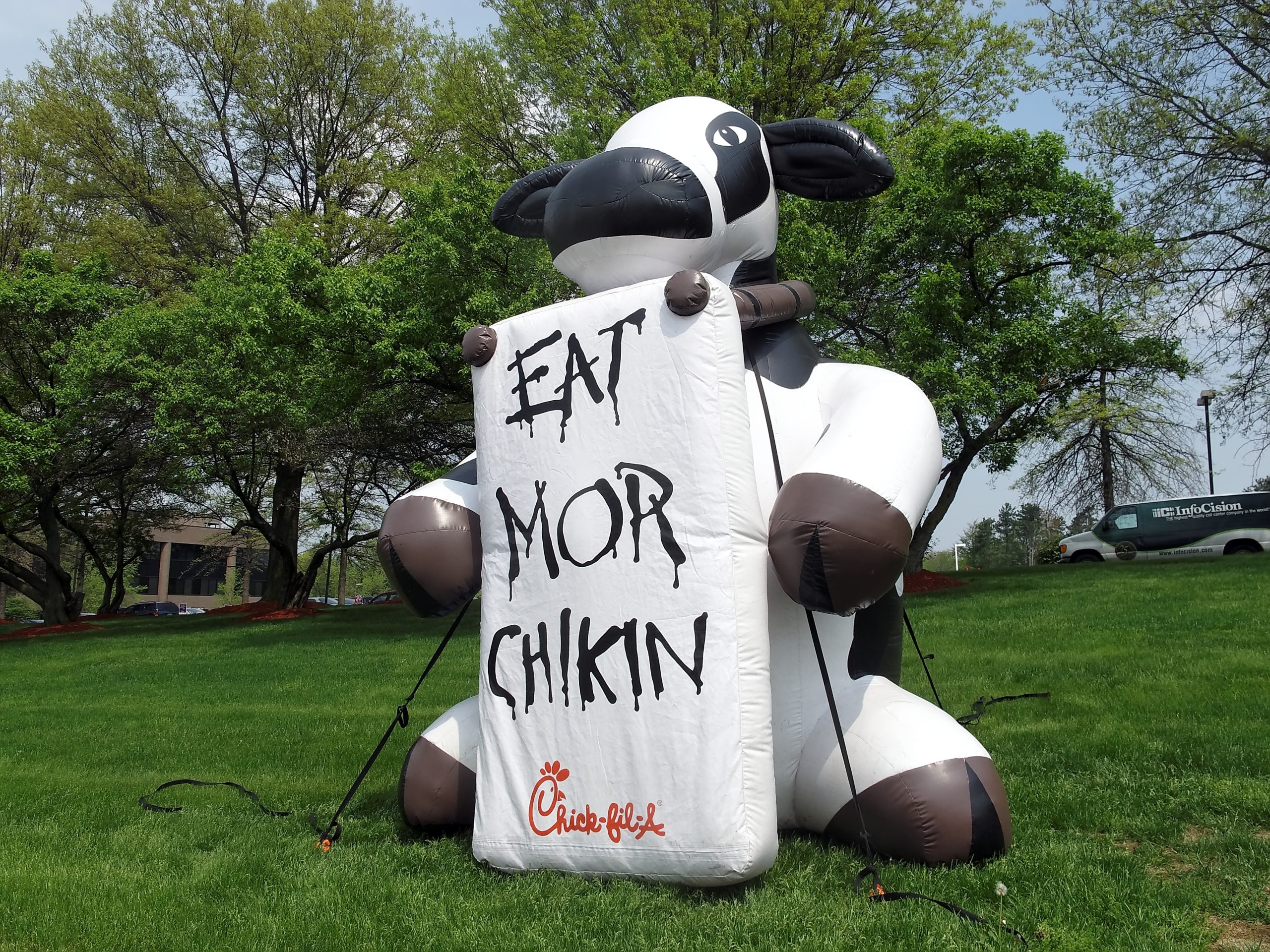
The secret history of silly animals

It’s not often that a real, substantial revolution happens, one that really changes the world for good. No propaganda campaigns or great persuasive efforts or squabbling political committees needed, just an event so fundamental you didn’t even notice it was happening—and now you can never go back. One day in the mid ‘00s, someone took a video of their dog doing something stupid and uploaded it to YouTube. They probably didn’t even know everyone on the Internet could view a YouTube video. The dog might have been eating cat poo or crashing into a door or licking its own balls… the specifics don’t matter. But for animals, it was the most important event since Noah’s Ark.
There was once a mainstream view that animals were essentially robots, motivated by base desires for maintenance calories, simple instincts, and reactions to stimuli. Your cat doesn’t love you; you’re just being sentimental. She was only unconsciously acting like a playful kitten so you would freely give away those sweet, sweet calories and heighten her chances of reproduction.
This school of thought was completely destroyed by YouTube videos with titles like “Cute baby animals Videos Compilation cute moment of the animals – Cutest Animals #3”, “Dog Has The Hiccups”, “Cutest rescue Puppy and Kitten Are Best Friends”, “Orphaned Puppy is adopted by a CAT (dog emoji).” Suddenly, anyone with a Wi-Fi connection could see heaps of evidence long ignored by most people: there was a lot more going on under the surface in the animal world. They were sympathetic, they were complicated, and they sincerely liked you. But animals have been silly forever. The revolution was in how quickly their fun little gimmicks were being distributed around the world by video. Seeing things and loving them can do funny things to people. It gets them asking questions, some of the oldest ethical questions in human history, debated and repressed and asked again over the centuries: What are our responsibilities to those silly animals?
The great thing about animals, of course, is that they’re just like people, which is awesome, except they’re really stupid, which is even better because that means they’re really funny and also we can eat them. The pet videos are harmless, but those dogs doing silly things with their tails are the gateway drug. Soon, you’ll be on to the hard stuff: “Cute Mini Pig Piglet Is Just So Happy”, “Baby Cow Visits Cat Friend Every Morning To Give Her Kisses.” It’s all over when you’ve reached “Molting Chicken Looks Cute and Silly.” It’s the end game, you’ve gone off the deep end, you don’t have a chance in the civilised world anymore. You’ve developed empathy for not only pets but also farm animals. You’ve discovered chickens are recognisably happy when they engage in Unlikely Pig-Chicken Friendships but slightly less pleased when they’re being hung upside down and stabbed with sharp objects. If you’re really a moron, you might even start wondering whether we should improve the lives of animals, and if you just despise yourself, the world, and polite society, you’ll look up factory farming videos.
The most common arguments for animal welfare are utilitarian. If I blow a thousand cows’ brains out with a drill, but satisfy the cravings of a thousand Bridge-goers in need of a late-night kebab, have I made the world happier overall, or satisfied the most amount of people’s rational preferences? Probably not, but it depends on how much you value the happiness of a cow and how much marginal happiness you’d gain from a doner kebab over a vegetarian falafel wrap, and so on. But who really cares? Lay off the utilitarian bean counting and consider people’s intuitive reactions. People of all ages and nationalities watch funny animal videos unprompted because we fundamentally love viewing them. Animal appreciation is a part of human nature. Abstract arguments in favour of animal rights are good enough to convince many people, but an appeal to our intuitions can be morally stronger for some. Anyone who likes to see animals being hurt is considered mentally unwell for a reason, and we regularly sacrifice time and effort to improve animals’ welfare. We have an intuitively strong bond with animals. It isn’t weird to like animals—it’s a part of what makes us human.
A world entirely without meat is unrealistic for now: many people are still fine with the idea of raising animals to slaughter them. But something is amiss. Knives are slicing and blades are shredding. There is an imbalance in the world. Our informed preferences are overwhelmingly friendly to animal welfare, but we purposefully stay uninformed—not wanting to know ‘how the sausage is made’ is a stock phrase for a reason. We often find eating meat acceptable, but our natural love of animals is still wildly out of proportion with the factory farms we tolerate and support. Just look up a factory farming video if you’re not a chicken—especially a chicken in a factory farm. Once we reinform our preferences, we can have a better relationship with the animal world and look back on our current era as a terrible aberration. But there’s a reason why most people are so ignorant now.
You’ve probably seen all the funny cartoon animals on restaurant signs or in TV commercials inviting you to eat them. Most commonly a chicken, pig, or fish, the animal is usually cartoonish and anthropomorphic, standing on its two feet and looking very happy to become a chunk of meat. For a jolly touch, the pig is sometimes holding a butcher knife or the chicken is cannibalising the fried wings of its brethren. One of the most popular fast food chains in America, Chick-fil-A, puts a creative twist on the trope by depicting a poorly-educated cow in its advertisements pleading with you to “Eat Mor Chickin,” presumably since the alternative is beef. It’s all sort of messed up when you think about it for a minute. This form of advertising is particularly pernicious, capitalising on humans’ natural love for animals and using it to against the interests of the animals themselves. The human ability to ignore things when we want to can be twisted so far that we don’t even question this sort of advertising. These ads won’t be around for long, though: the need for cheap, industrial meat that funded our delusions will soon dry up.
Hemingway described bankruptcies as happening slowly, then all at once. All the sympathies in the world could never overcome the cold economic logic of industrial meat production, our natural appetites, and our ability to compartmentalise. Every lovable feature about animals that could have been used to help them was directed against them by minds warped by hundreds of thousands of years of social and economic pressure. But those cravings that have existed since the first caveman bashed a deer over the head with a rock will soon be irrelevant. Cheap lab-grown meat, biologically the same but without the cruelty, will remove our ability to forget about what goes on in factory farms. When the material causes that fuelled our wilful ignorance disappear, we’ll look at those happy cow videos with horror. The gap between humanity’s intuitions and actions will become terribly clear. The evidence is stacked against you. Every Instagram Reel of a cat befriending a bird or a dog refusing to take a bath is a new condemnation, and it’s all piling up as you read this. When the animals win and you must answer for why you ignored that Hilarious Dogs Licking Their Nuts Compilation, what will you have to say for yourself? ∎
Words by Myles Lowenberg. Image Courtesy of Mark Turnauckas via Flickr.







